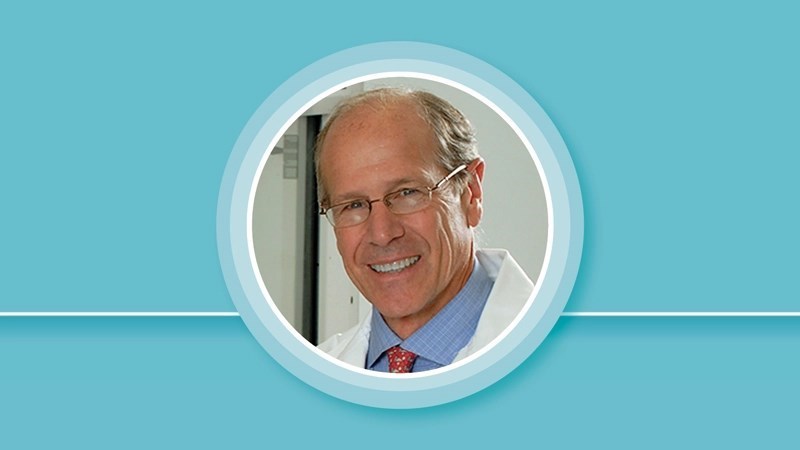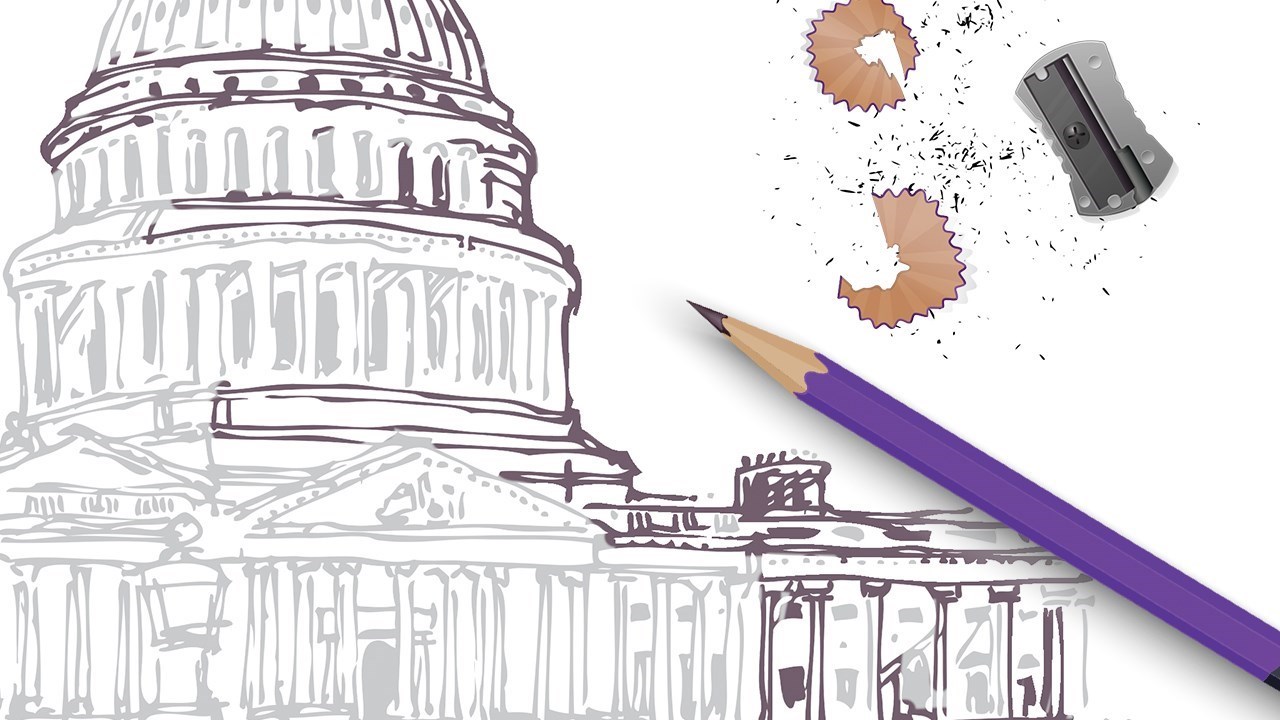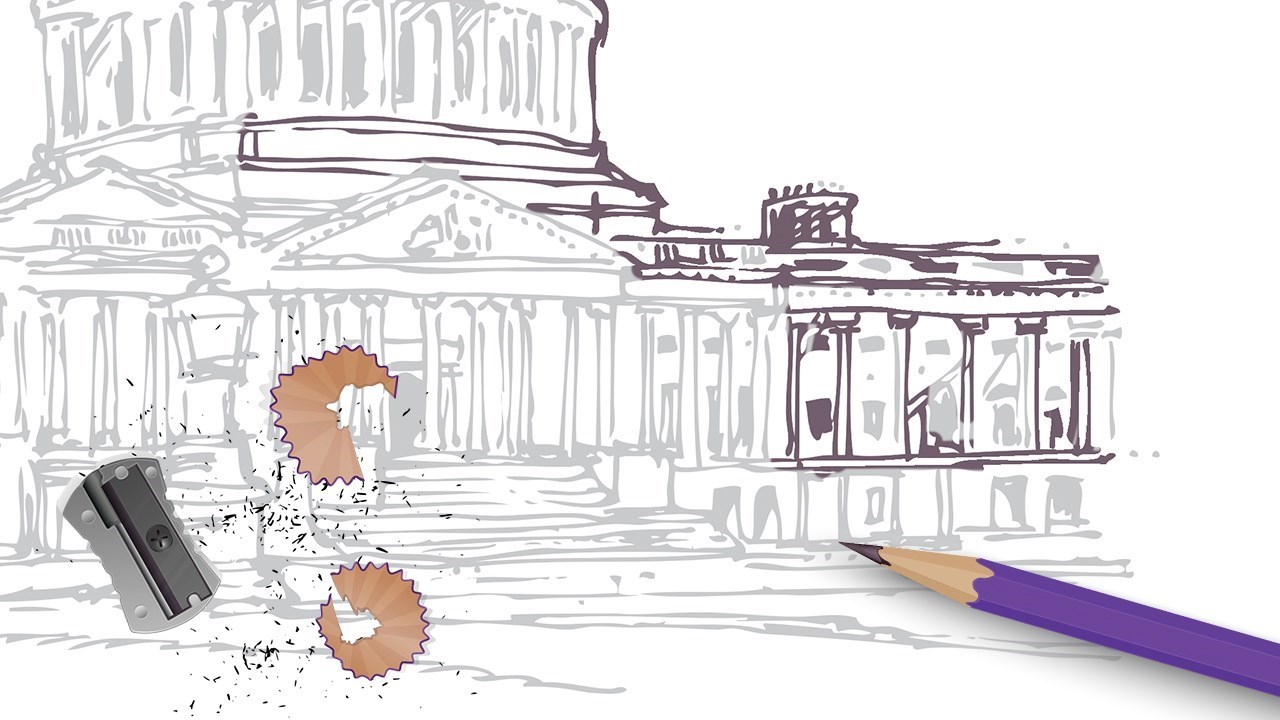Surgeons have historically been on the frontlines of innovation.
We are natural problem-solvers, and we thrive on developing solutions—always doing what’s best for the patient. Those solutions may include minimally invasive approaches, individualized operations, or advances that make surgery itself obsolete.
Over the years we’ve developed catheter-based interventions, laparoscopic procedures, and robot-assisted therapies. We are committed to providing our patients with excellent outcomes and helping them heal with less pain, less scarring, shorter hospital length of stays, and earlier return to function.
As a minimally invasive surgeon, I thrive on innovation, collaboration, and creativity. As surgeons, we are all motivated by time spent with colleagues who constantly refine techniques and push the envelope to perform more complex operations with precision, flexibility, and control.
In this issue, the Bulletin highlights three innovative surgeons who presented at last year’s Clinical Congress and their groundbreaking work. It also features an interview with a pioneer in xenotransplantation. These trailblazers describe the processes which underpin their innovations and offer advice on how we can all transform amorphous concepts into tangible products, techniques, or solutions.
Jacobson Innovation Award
This month, the ACS will present its Jacobson Innovation Award to Anthony Atala, MD, FACS, from the Wake Forest Institute of Regenerative Medicine in Winston-Salem, NC. Dr. Atala is the ACS Regent for Urology and is world renowned for creating the first functional lab-engineered organs to be successfully implanted in patients. He also developed breakthrough techniques to produce complex tissues and isolate cells for regeneration.
If Dr. Atala hadn’t asked the question, “Can we grow organs instead of transplanting them?,” we wouldn’t have these lifesaving advances.
Dr. Atala will be the 28th recipient of this prestigious international award that honors living surgeons who have been innovators of a transformative development or technique in any field of surgery. The award is made possible through a gift from Mrs. and Dr. Julius H. Jacobson II, a general vascular surgeon known for his pioneering work in the development of microsurgery.
Previous recipients have included Professor Francois Dubois, from Paris, France, for his landmark work with laparoscopic cholecystectomy; Judah Folkman, MD, FACS, from Boston, MA, for his seminal developments in the field of angiogenesis; and Susan E. Mackinnon, MD, FACS, FRCSC, from St. Louis, MO, for her innovative use of nerve transfer procedures for the treatment of patients with devastating peripheral nerve injuries.
In addition to the Jacobson Innovation Award, the ACS also presents the Jacobson Promising Investigator Award, which recognizes outstanding residents, fellows, and young surgeons demonstrating early promise of significant contributions to the practice of surgery and the safety of surgical patients.
The first Jacobson Promising Investigator Award was presented in 2005 to Michael T. Longaker, MD, MBA, FACS, who currently is the co-director of the Stanford Institute for Stem Cell Biology & Regenerative Medicine and holds academic appointments that include vice chair of surgery at Stanford University, CA.
The College’s early recognition and support of Dr. Longaker was critical as he investigated scar formation during wound repair and developed techniques to engineer tissue de novo. He remains on the frontlines of scar treatment and research today, and because of Dr. Longaker and other investigators in this field, scarless surgery is a real possibility.






